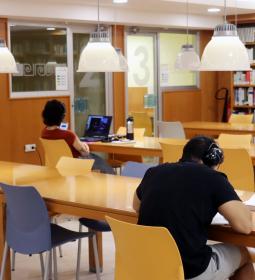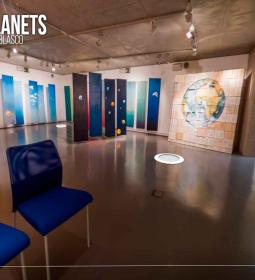The site is consolidated as a tourist attraction and the City Council is already working on its musealization, included in the Tourism Sustainability Plan
About 11,500 people have visited El Tossal in La Cala during July and August

Pellicer has pointed out that “visiting this Roman site from the 1st century BC is, at any time of the year, a magnificent outdoor recreational activity that, in addition, anyone can do, since the 'castellum' is fully accessible, both from the sensory point of view as a motor ”. At this point, she recalled that "last year various performances have been carried out to promote universal accessibility to the site and viewpoint", such as the acquisition of electric wheelchairs so that people with mobility problems can visit and crown the 'castellum.
In addition, a section of glass railing has been installed in the viewpoint "so that people who use wheelchairs can also enjoy the magnificent panoramic views that Benidorm offers from El Tossal"; While there is also available to visually impaired visitors an audio guide by QR codes in which they will find all the information about the site and details about its importance and characteristics.
The Councilor for Historical Heritage has highlighted that “in recent years, continuous excavation campaigns have been carried out to bring to light and study the remains of the fort, as well as an ambitious project of 'Archaeological intervention in the Castellum del Tossal de La Cala 'for which European funds were available ”.
In addition, she recalled that "on the closest agenda is to make the site a museum, a project included within the Tourism Sustainability Plan and work is already being done to be able to tender the works throughout this year." “With this musealization we want to take another step in the enhancement of a Roman 'castellum' that has aroused great interest among the archaeological community for enormous information that it is providing to professionals and historians about how the forts were organized and how they worked in the imperial stage and more specifically during the Sertorian Wars ”.
Through the musealization project, developed by the team of the University of Alicante, "it is sought that the general population knows the relevance of the site and that important part of Benidorm history".









